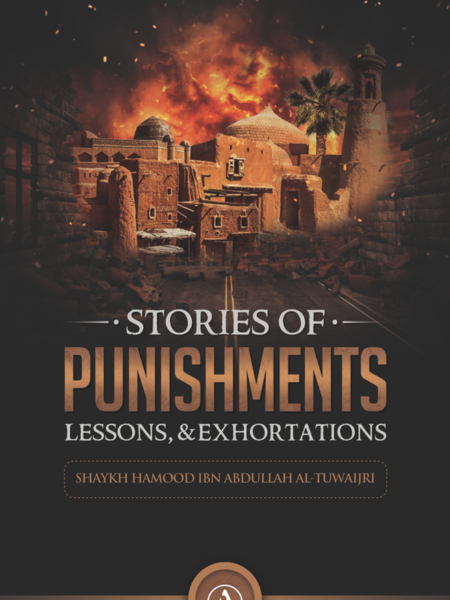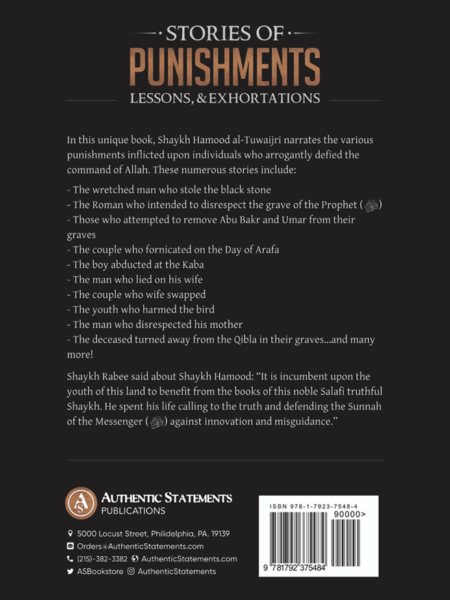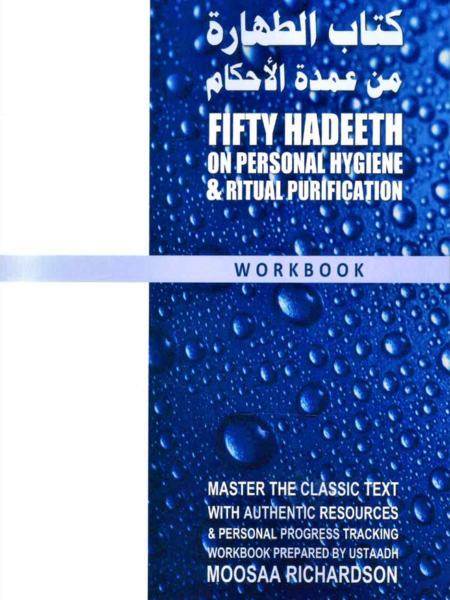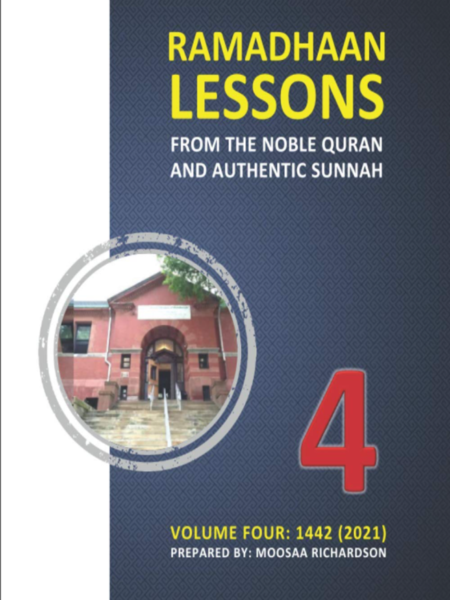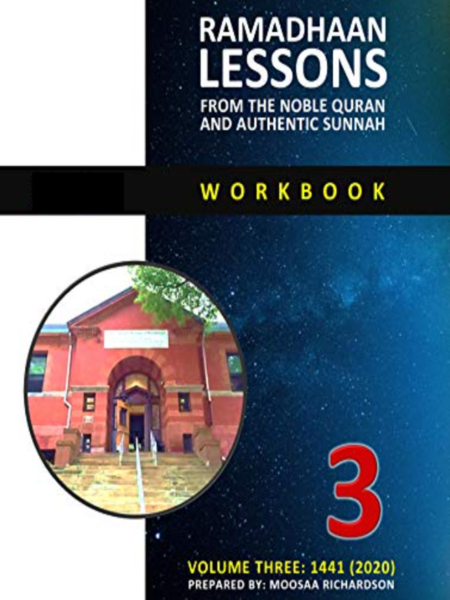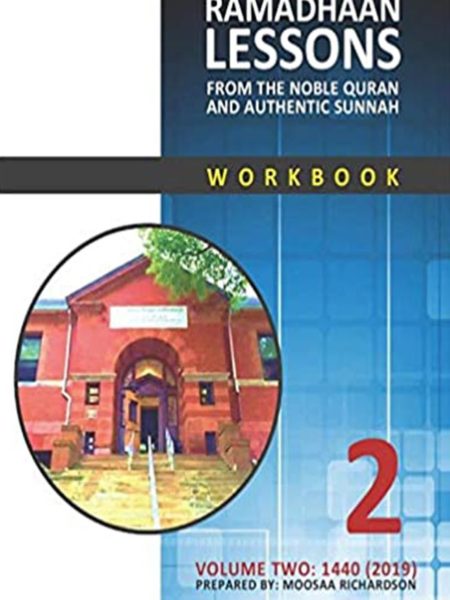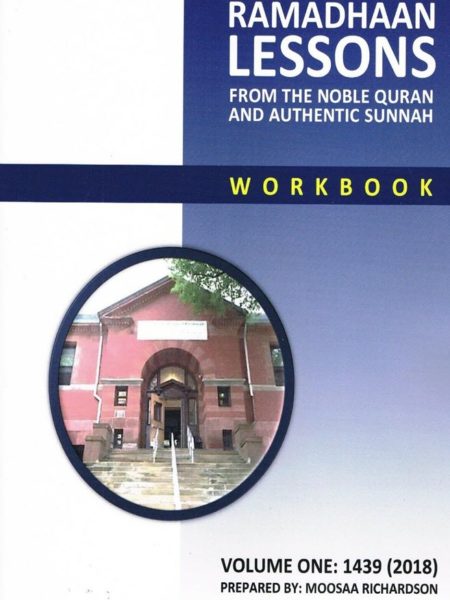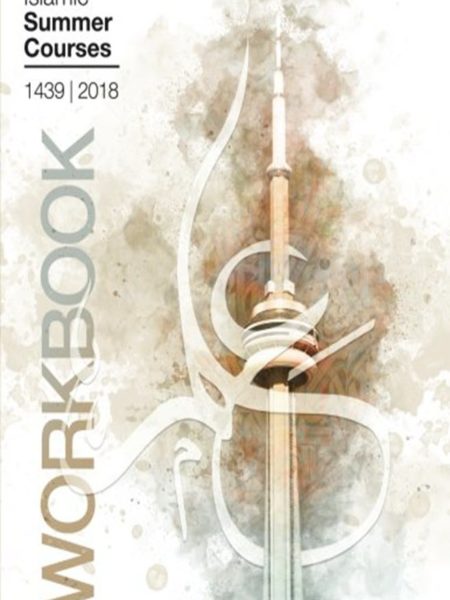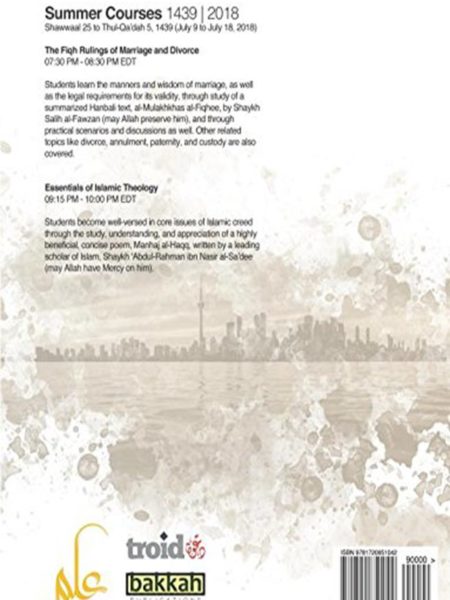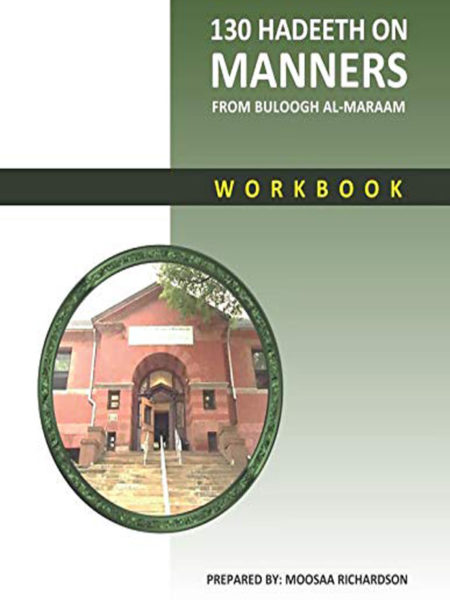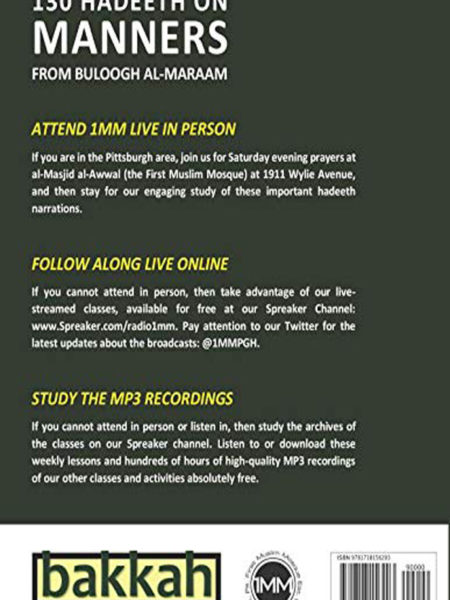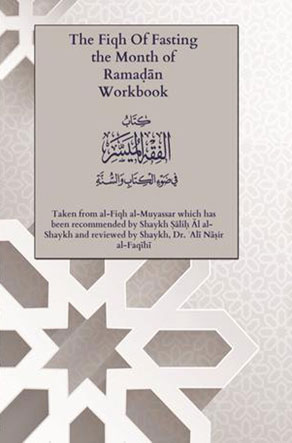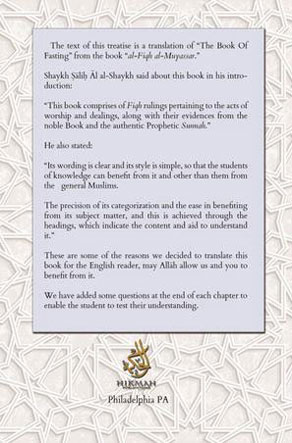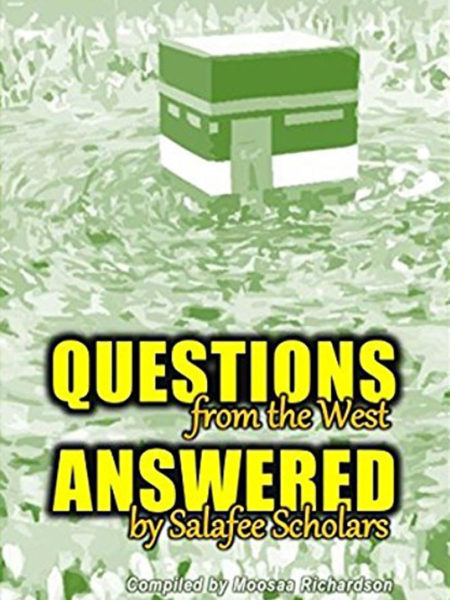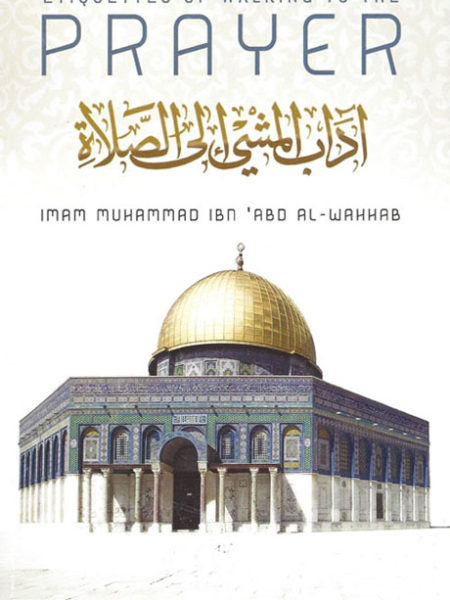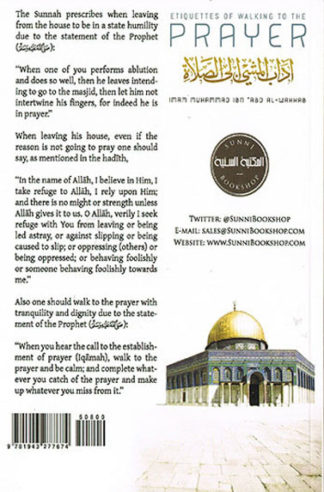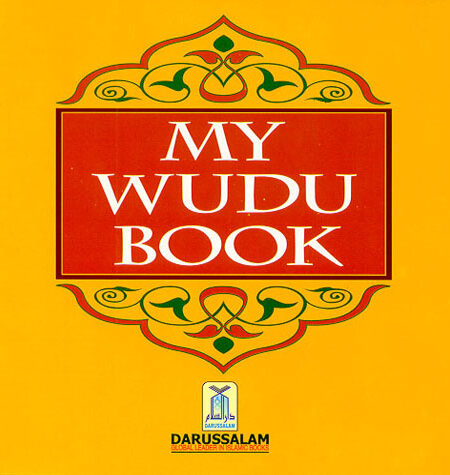-
-
Arousing the Intellects [with the Explanation of ‘Umdatul-ahkaam] the Book of At-Tahaarah (the Ritual Purification)
$10.00 Add to cart -
-
-
-
-
-
-
-
-
-
-
The text of this treatise is a translation of “The Book Of Fasting” from the book “al-Fiqh al-Muyassar.”
Shaykh Ṣāliḥ Āl al-Shaykh said about this book in his introduction:
“This book comprises of Fiqh rulings pertaining to the acts of worship and dealings, along with their evidences from the noble Book and the authentic Prophetic Sunnah.”
He also stated:
“Its wording is clear and its style is simple, so that the students of knowledge can benefit from it and other than them from the general Muslims.
The precision of its categorization and the ease in benefiting from its subject matter, and this is achieved through the headings, which indicate the content and aid to understand it.”
These are some of the reasons we decided to translate this book for the English reader, may Allāh allow us and you to benefit from it.
We have added some questions at the end of each chapter to enable the student to test their understanding.
ah.”
-
A collection of important questions from Western Muslims translated by Moosaa Richardson and posed to the following scholars: Shaykh Rabee’ ibn Haadee al-Madkhalee, Shaykh ‘Ubayd al-Jaabiree, and Shaykh Muhammad ‘Umar Bazmool. This first volume features 55 questions, with added commentary and newly written and personal biographies for all three of the scholars.
-
It is the Sunnah to go to the prayer in a state of purification and humility. This is based upon his statement (ṣallallāhu ʿalayhi wa-sallam):
“When one of you performs wudū’ and does it well, then goes out heading to the Masjid, let him not interlace his fingers, for he is in a state of prayer.” -
Islamic education is an essential component to our children’s well being in this life and vital for their life in the Hereafter. It is up to us, as parents, to teach them about their life and obligations as a Muslim, for they will not learn it anywhere else in the world and no other example will give such a lasting impression as our own. This simple, hands-on illustrated guide will help your child gain a greater understanding of the Wudu (the basic form of purification for salah) according to the Qur’ an and the Sunnah.
Cart


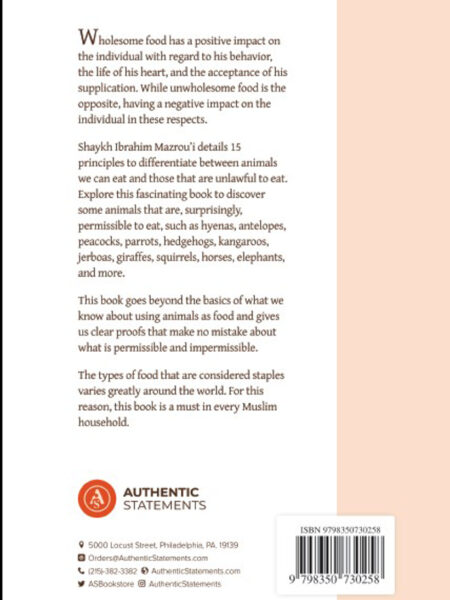
![Arousing the Intellects [with the Explanation of 'Umdatul-ahkaam] the Book of At-Tahaarah (the Ritual Purification)](https://store.sunnahpublishing.net/wp-content/uploads/2019/12/Arousing-the-Intellects-450x600.jpg)


